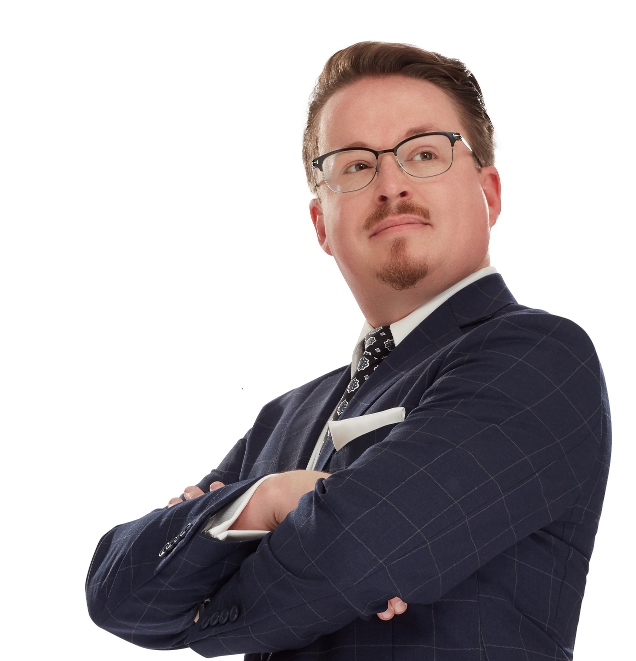
What does it mean to be named an Emerging Leader in Hospice and Palliative Medicine?
It’s very validating of the work that I have been doing clinically, academically, and in the health policy arena. I am especially grateful to join the ranks of such an incredible group of folks from both this year and in 2014. The field in which we all practice is so important and so in need of continuing innovation that I am heartened to see each of these leaders pushing boundaries. I am also grateful for the team in which I work, the mentors who help me chart my course, and the guidance and support I’ve received from AAHPM along the way.
Describe how you became interested in hospice and palliative medicine and who/what influenced your work.
I think perhaps that I was the frog in the water bath for most of my life – the dial being slowly turned up to the “palliative” setting. My experiences began with exposure to hospice both personally and as a volunteer; I had the great fortune to learn from Dr. G. Hamilton at Hospice of the Valley in Phoenix during both medical school and residency; and the course was settled during residency with the help of Drs. J. Boohene, E. Prommer, and T. Fitch at St. Joseph’s Hospital & Medical Center and Mayo Phoenix. Along the way, my thinking about the practice of medicine was also greatly influenced by Atul Gawande’s Better and Complications as well as Jerome Groopman’s How Doctor’s Think who taught me about the promise and the peril of modern medicine.
For me, the realization that I wanted to work to maximize quality of life for the seriously ill came as it has too many of the candidates for our UCSD/Scripps HPM Fellowship: sometime in the middle of the night on an ICU rotation when I got the chance to sit down and really talk with a family. Learning the personhood context of someone’s critical illness was both refreshing and affirming. That’s when I began to take my deep dive into the specialty, researching fellowship programs, and planning for the future.
What is your vision for the future of hospice and palliative medicine?
The future of the specialty field lies in ensuring a sustainable means of supporting fully interprofessional teams. I could not do my work without the expertise of trained, specialized palliative pharmacists, licensed clinical social workers, NPs, nurse case managers, and spiritual care professionals each working at the top of their skill set. Until these members of the field are fully integrated into each and every team we will be stuck in the past where physicians are expected (and expect themselves!) to be armchair pharmacists, social worker, nurses, and chaplains.
The future is also an ever-better-defined role for specialist palliative care teams and a better understanding of exactly what those teams bring to their care of people and their families. Too many of us are still consulted for the basics—to fill gaps for undertrained colleagues—and, to my point above, lack the other types of experts on our teams to help us truly take our practice to the highest level. We also don’t have a well-defined body of research for exactly what it is that we bring to a person’s hospital room, clinic visit, or home that works—when does it work, how does it work, why does it work—and the research must continue to drive us to a better understanding.
